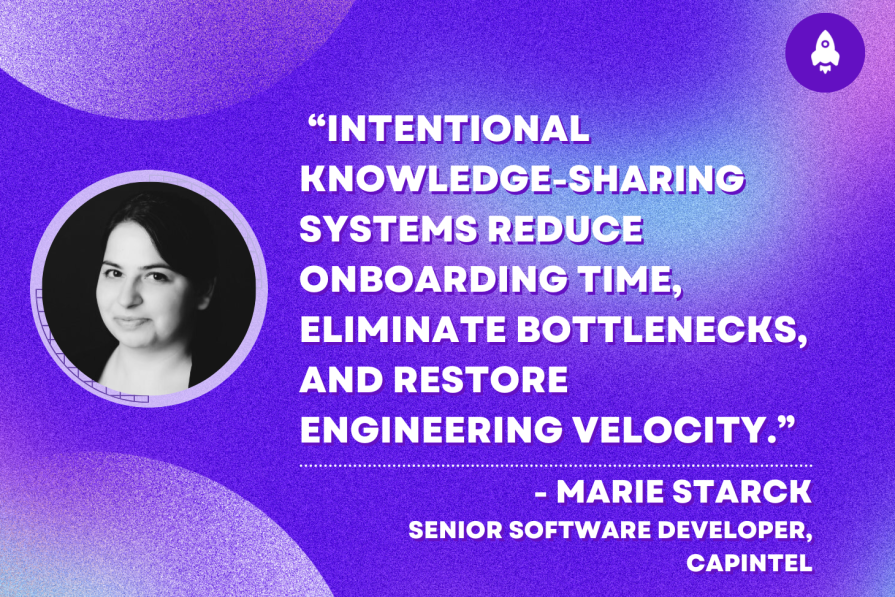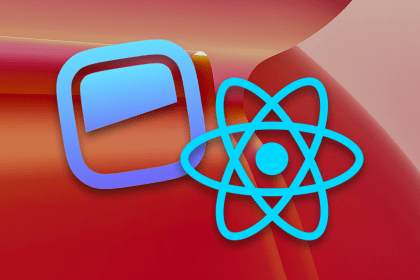
Paige, Jack, Paul, and Noel dig into the biggest shifts reshaping web development right now, from OpenClaw’s foundation move to AI-powered browsers and the growing mental load of agent-driven workflows.

Discover five practical ways to scale knowledge sharing across engineering teams and reduce onboarding time, bottlenecks, and lost context.

Check out alternatives to the Headless UI library to find unstyled components to optimize your website’s performance without compromising your design.

A practical guide to building a fully local RAG system using small language models for secure, privacy-first enterprise AI without relying on cloud services.
Would you be interested in joining LogRocket's developer community?
Join LogRocket’s Content Advisory Board. You’ll help inform the type of content we create and get access to exclusive meetups, social accreditation, and swag.
Sign up now
3 Replies to "11 database drivers and ORMs for Rust that are ready for production"
Hello guys! Thanks a lot for the article, pretty nice overview! However I doubt quaint is production ready, as you claim here. At least according to what docs.rs says, it’s not intended to be used in production, yet. Do you have different experience on that? Are you guys using it in production already?
Best regards, Tim
Worth a mention is sqlx (https://github.com/launchbadge/sqlx). (Optional) SQL checked at compile time against a database connection, fully async, DB agnostic. Nice balance between a full ORM and runtime-checked SQL.
Quaint is not an ORM library, and the quaint docs specifically state that it is not their goal to create one.